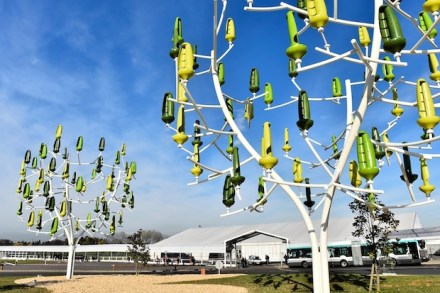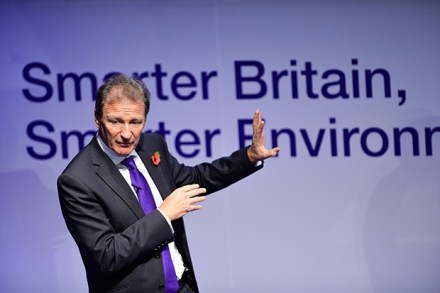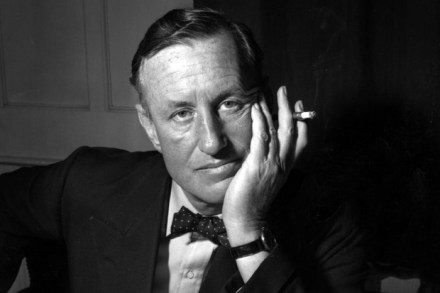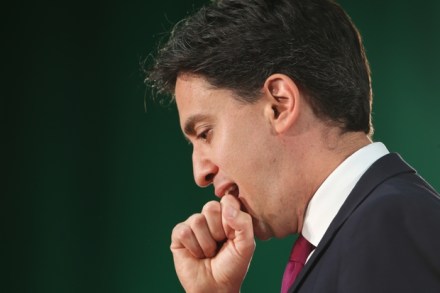Green sentimentalists forget something: nature is utterly brutal
Wild Lone is one of the most violent books I’ve ever read. It was published just before the last war and it doesn’t pull its punches: mothers are slaughtered with their babies; brothers and sisters are eaten alive; callous parents look on indifferently as their sick children die slowly beneath them; the few survivors almost invariably succumb to disease, cold or starvation. Every child should read it, for it tells you how the world really is. The natural world, I mean. It was written by one of the last century’s great amateur naturalists, Denys Watkins-Pitchford, under his nom-de-plume ‘BB’ and it purports to be the biography of a ‘Pytchley fox’ called




















